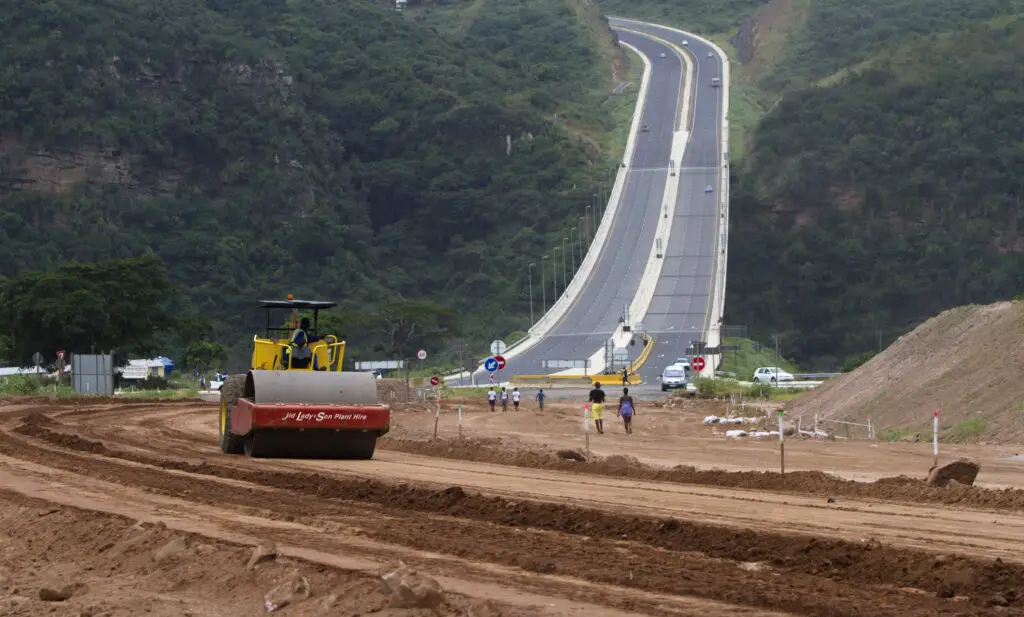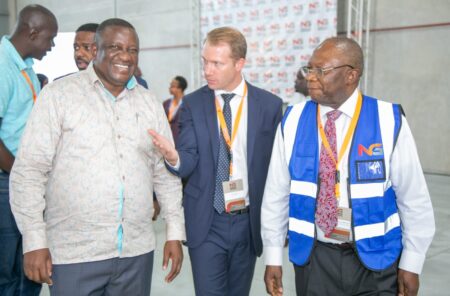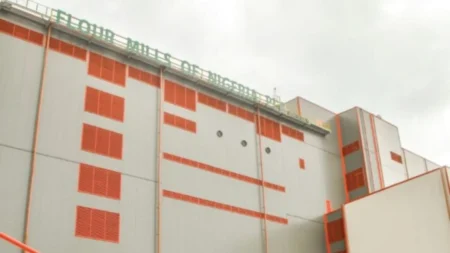- For instance, Africa can become a prominent manufacturing destination in tech-intensive industries.
- However, countries must focus on advancing technology-intensive industries, energy supply chains, and financing.
- UNCTAD underlines the need for debt relief to offer African countries fiscal space to invest in strengthening their supply chains.
The United Nations Conference on Trade and Development (UNCTAD) has stated that inadequate infrastructure investment in African countries hinders the continent from securing a more advantageous position as a global supply chain destination.
The organization highlights, among other points, in its annual 2023 Africa economic development report, the need to prioritize certain aspects to strengthen Africa’s role in the supply chain, recognizing its potential to become a key player in the global supply market.
The report emphasizes that, with abundant resources and a growing consumer market, Africa has the potential to emerge as a prominent manufacturing destination, particularly in tech-intensive industries. It stresses the importance of prioritizing infrastructure development to support Africa’s participation in the supply chain network.
African countries are urged to advance their technology-intensive industries, energy supply chains, and supply chain financing to enhance their competitiveness on the global stage.
The report underscores the significance of these priorities in unlocking Africa’s potential and establishing it as a crucial link in the global supply chain.
Furthermore, African countries should emphasize the value addition of their natural resources, particularly in sectors such as mining.
The abundance of critical minerals and metals in Africa, including aluminum, cobalt, copper, lithium, and manganese – essential components in technology-intensive industries – positions the continent as an attractive destination for manufacturing.
Read also: The crucial role of public-private synergy in closing Africa’s $100Bn infrastructure gap
Better mining contracts
Amid recent upheavals caused by trade turbulence, geopolitical events, and economic uncertainty compelling manufacturers to diversify their production locations, UNCTAD Secretary-General Rebeca Grynspan emphasizes the necessity to secure better mining contracts and exploration licenses for metals used in high-tech products and supply chains.
Grynspan asserts that such measures would strengthen domestic industries, enabling local firms to design, procure, manufacture, and supply the necessary components. She sees this as an opportunity for countries to fortify their emerging industries, foster economic growth, and create jobs for millions.
These remarks were made during the launch of the 2023 Africa Economic Development report. The report underscores the importance of creating an environment conducive to technology-intensive industries, asserting that it would raise wages on the continent and diversify African economies, enhancing their resilience to future shocks.
The report highlights that current minimum wages on the continent are set at $220 (Sh31,691) per month, significantly lower than the average of $668 (Sh96,225) in developed nations.
Focusing on the energy sector, the report reiterates the need for more investment in renewable energy in African countries to bridge the substantial investment gap and address other obstacles hindering the manufacturing of solar panels on the continent.
Read also: Infrastructure development in Africa for economic growth
Infrastructure investment in figures
Currently, only about two percent of global investments in renewable energy go to Africa, according to UNCTAD. The UN trade and development body also reiterates its call for better financing solutions to provide African countries and businesses with affordable capital and liquidity to invest in strengthening their supply chains.
The report emphasizes that African small and medium-sized enterprises need more supply chain finance, which bridges the payment time gap between buyers and sellers, improves access to working capital, and reduces financial strain.
According to the report, the value of the African supply chain finance market rose by 40 percent between 2021 and 2022, reaching $41 billion. However, it asserts that this is not sufficient.
“The continent can mobilize more funds by removing barriers to supply chain finance, including regulatory challenges, high-risk perception, and insufficient credit information,” it states.
UNCTAD also underscores the need for debt relief to provide African countries with fiscal space to invest in strengthening their supply chains, as they, on average, pay four times more for borrowing than the United States and eight times more than European economies.
The growth of investment in renewable energy could promote the manufacturing of solar panels on the continent. For example, in 2022, the Democratic Republic of the Congo was the largest producer of copper in Africa, at 1.8 million metric tons. Beyond exploration and extraction, the country is a potential destination for refining metal products for the electric vehicle industry.
Read also: Technology transforming logistics in East Africa











